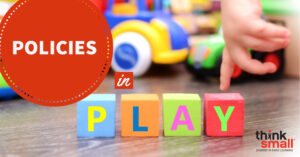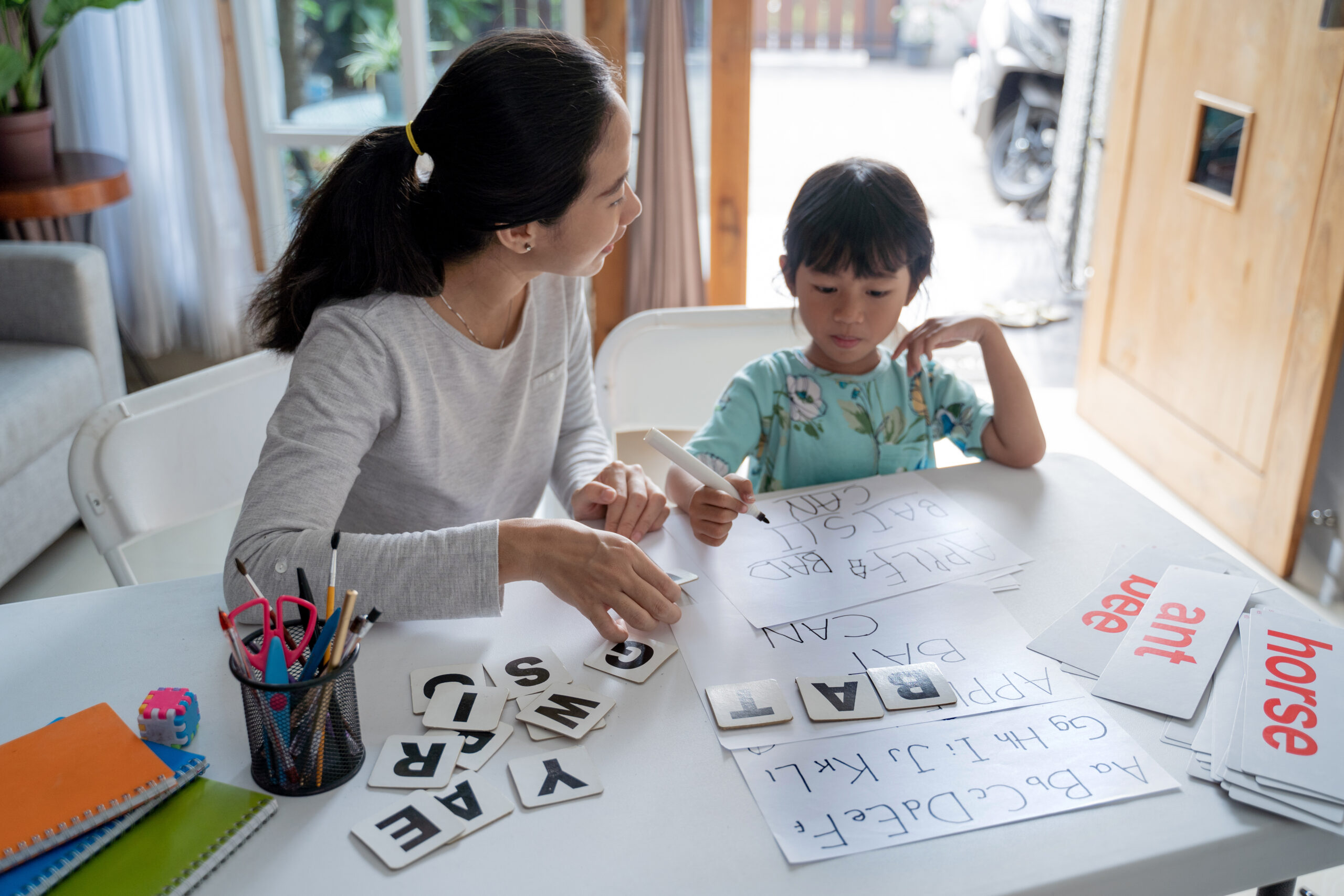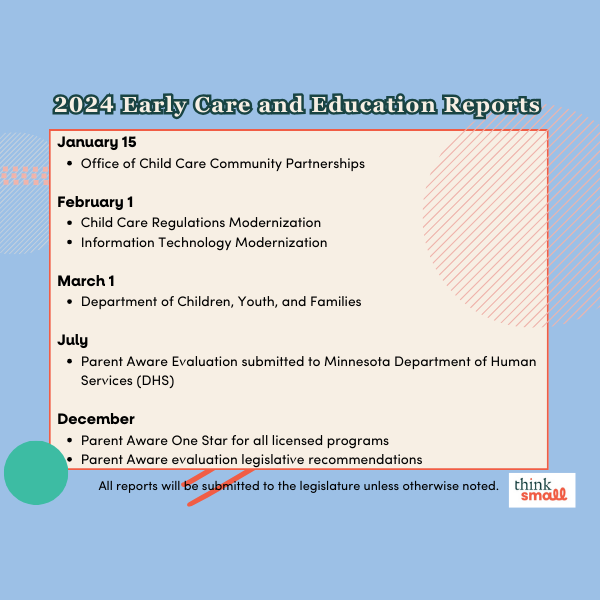The Policies in Play series takes a closer look at the recently passed state legislative policies that affect early care and education. We work with partners to find out what these policies look like in action and how they impact Minnesota children and families.
By Marie Huey, Public Policy and Advocacy Coordinator During the 2017 session, state legislators passed many changes to help Minnesota come into compliance with federal updates to the Child Care and Development Block Grant (CCDBG). This is the primary source of funding for the Child Care Assistance Program (CCAP) which provides financial assistance to help families with low incomes pay for child care so that parents may pursue employment or education leading to employment, and that children are well cared for and prepared to enter school.
During the 2017 session, state legislators passed many changes to help Minnesota come into compliance with federal updates to the Child Care and Development Block Grant (CCDBG). This is the primary source of funding for the Child Care Assistance Program (CCAP) which provides financial assistance to help families with low incomes pay for child care so that parents may pursue employment or education leading to employment, and that children are well cared for and prepared to enter school.
 Some families will continue to report information as before. These “scheduled reporters” are those who 1) use legally nonlicensed providers (Family, Friend, or Neighbor care) 2) use two or more providers 3) work at a Department of Human Services licensed child care facility, or 4) are employed by certain health care providers. Case Managers keep track of who is a scheduled reporter and therefore needs to report information more regularly.Another change to the program is called Extended Eligibility. If there is a disruption to the parent’s schedule such as a job loss, the child can continue to receive care for up to three months instead of being removed from care immediately. This provides additional stability for the child and also gives the parent time to find a new job or otherwise stabilize their situation without worrying about the child’s safety.Think Small’s role in this is to help educate parents about the program changes and how these changes will impact them. Case Managers communicate with parents about job, income, and housing changes to confirm they are receiving the correct type and amount of assistance.A relatively small change is that child care providers will now have to receive payments within 21 days, which is faster than the previous requirement of 30 days. Mensing says that will not be a change for Think Small, as the payments were already being processed within that time frame.Think Small and others involved in administering CCAP around the state will continue to work with DHS to implement the changes in coming months.Information about changes involving other areas of the department, including Licensing and Background Studies, can be found HERE.
Some families will continue to report information as before. These “scheduled reporters” are those who 1) use legally nonlicensed providers (Family, Friend, or Neighbor care) 2) use two or more providers 3) work at a Department of Human Services licensed child care facility, or 4) are employed by certain health care providers. Case Managers keep track of who is a scheduled reporter and therefore needs to report information more regularly.Another change to the program is called Extended Eligibility. If there is a disruption to the parent’s schedule such as a job loss, the child can continue to receive care for up to three months instead of being removed from care immediately. This provides additional stability for the child and also gives the parent time to find a new job or otherwise stabilize their situation without worrying about the child’s safety.Think Small’s role in this is to help educate parents about the program changes and how these changes will impact them. Case Managers communicate with parents about job, income, and housing changes to confirm they are receiving the correct type and amount of assistance.A relatively small change is that child care providers will now have to receive payments within 21 days, which is faster than the previous requirement of 30 days. Mensing says that will not be a change for Think Small, as the payments were already being processed within that time frame.Think Small and others involved in administering CCAP around the state will continue to work with DHS to implement the changes in coming months.Information about changes involving other areas of the department, including Licensing and Background Studies, can be found HERE.









